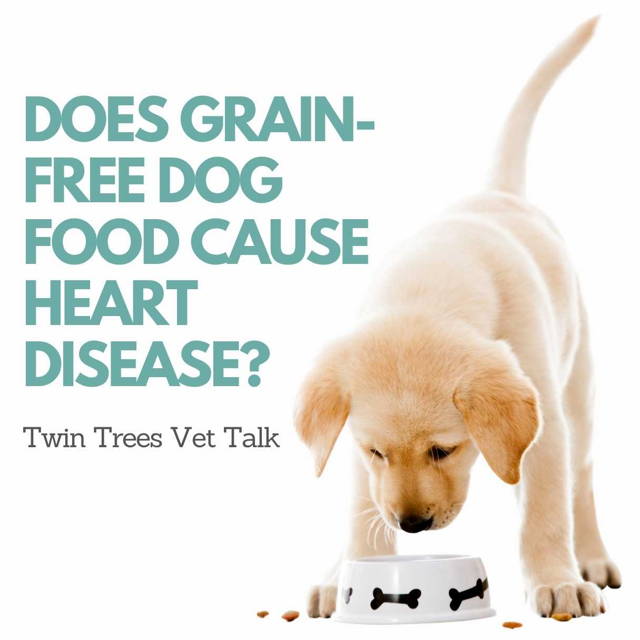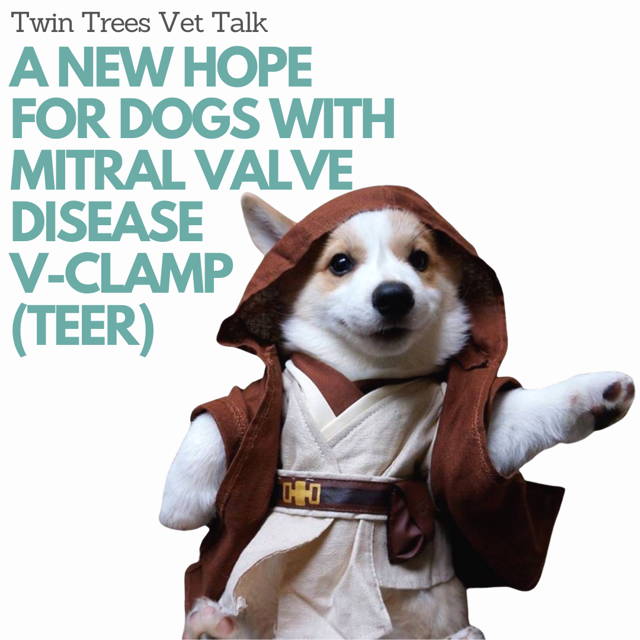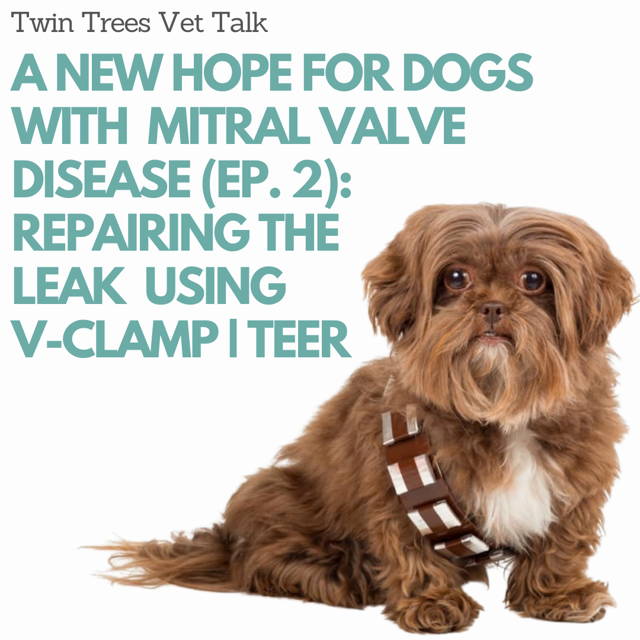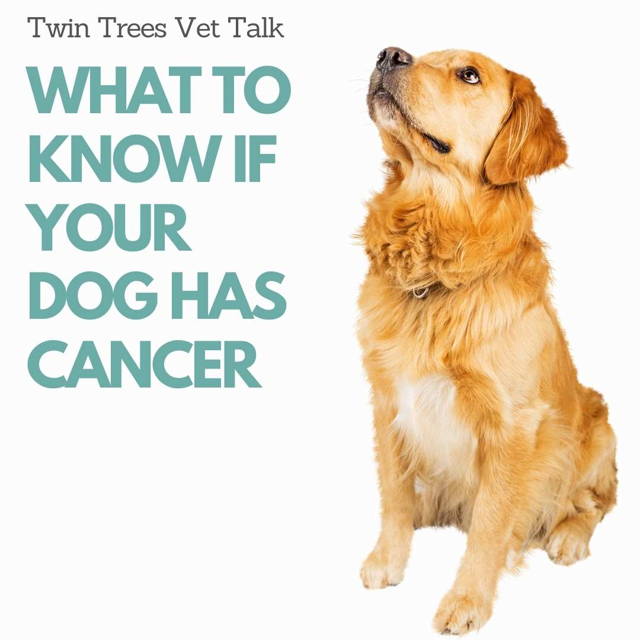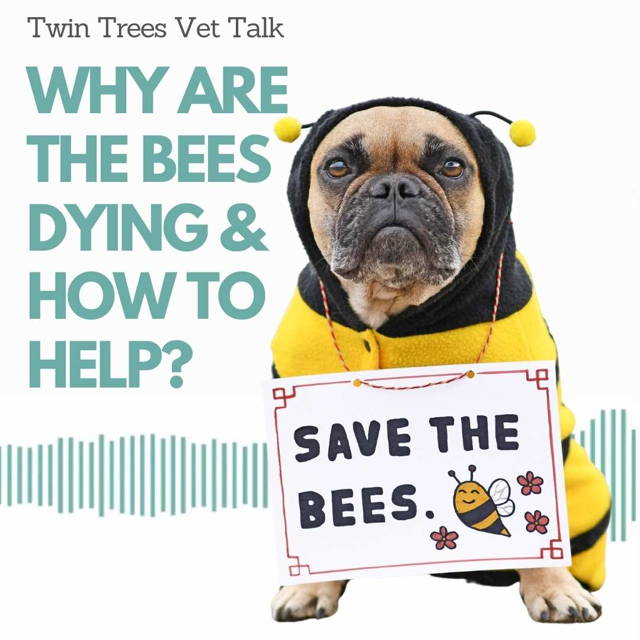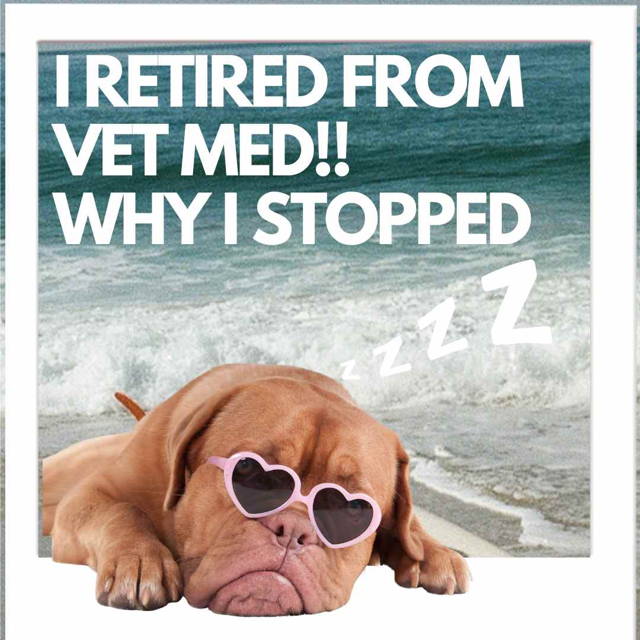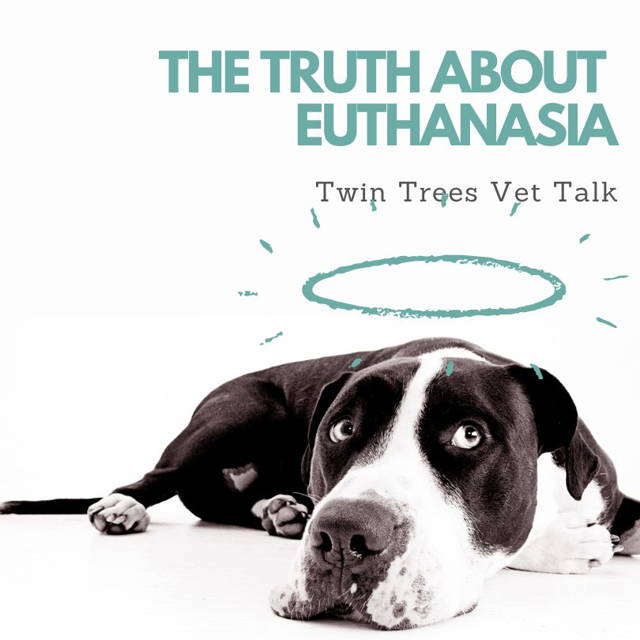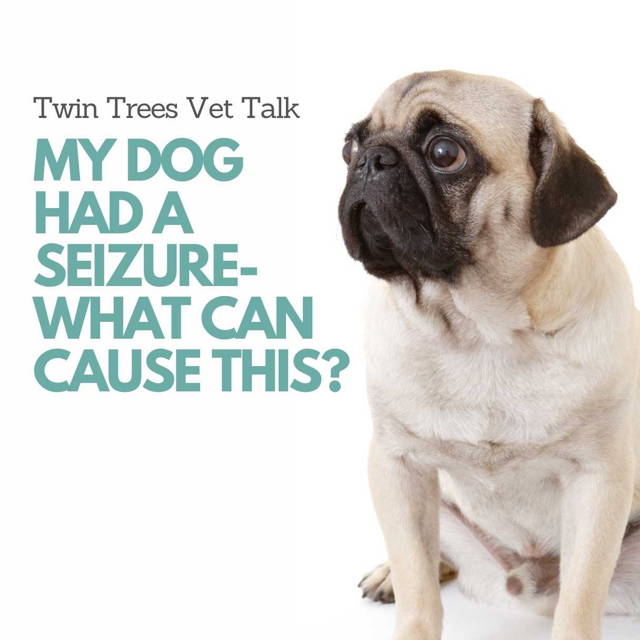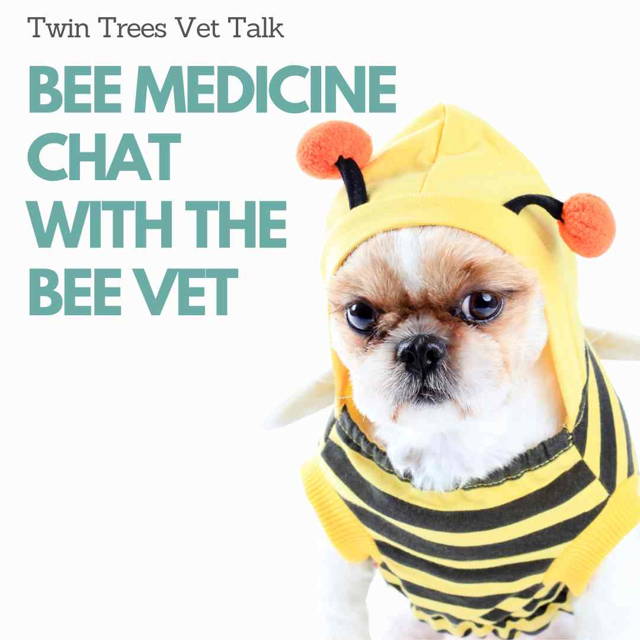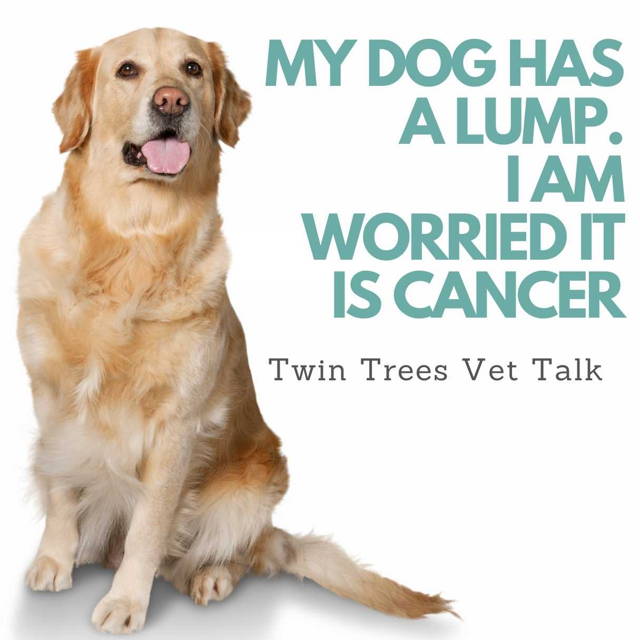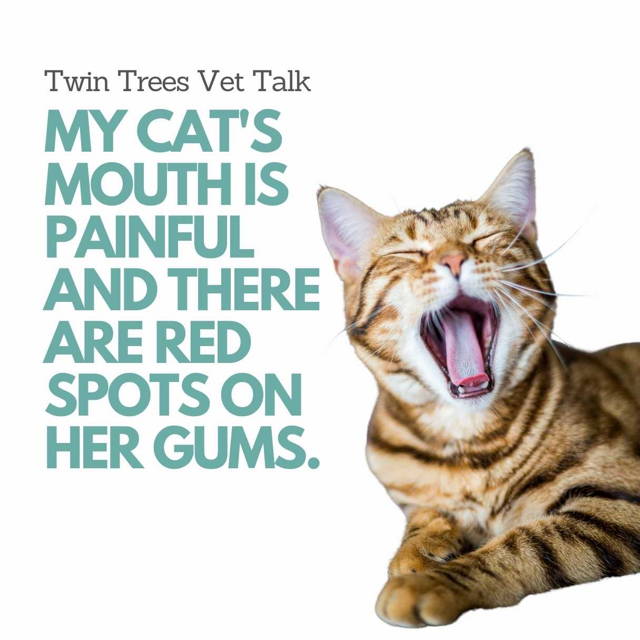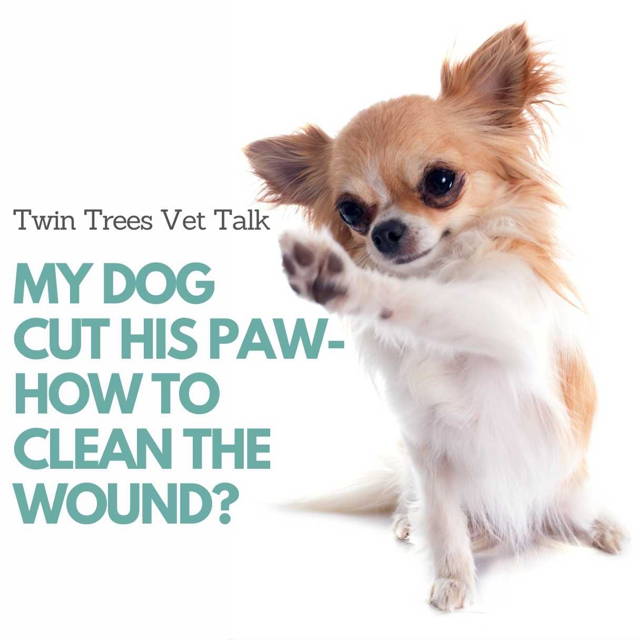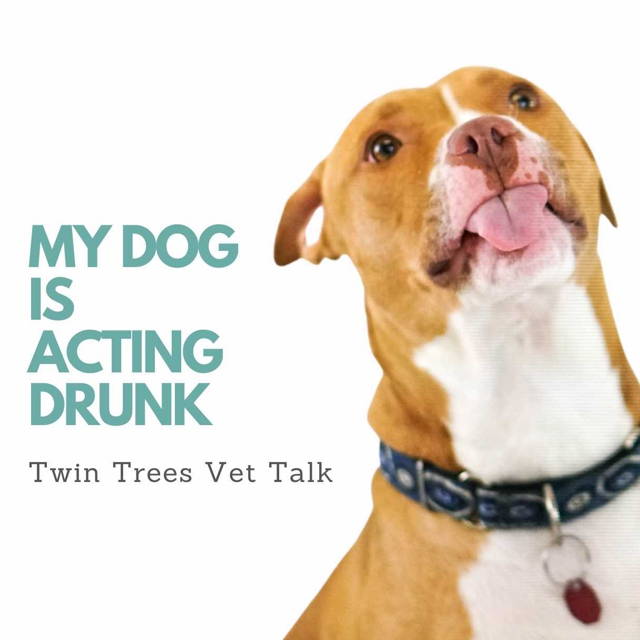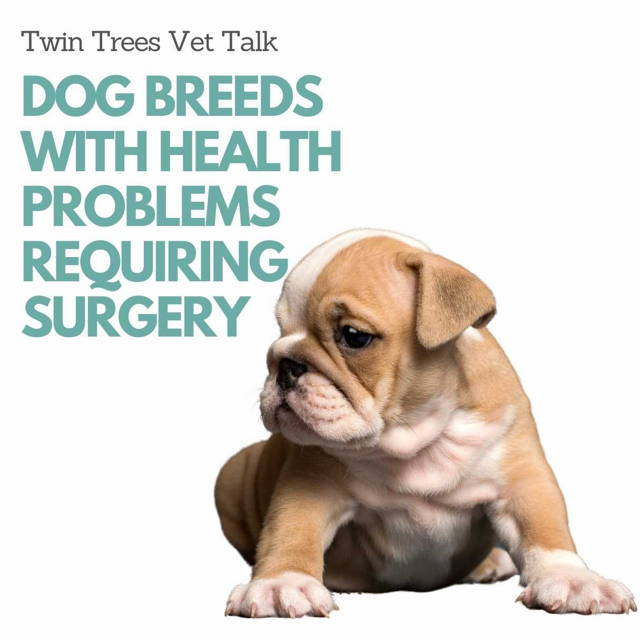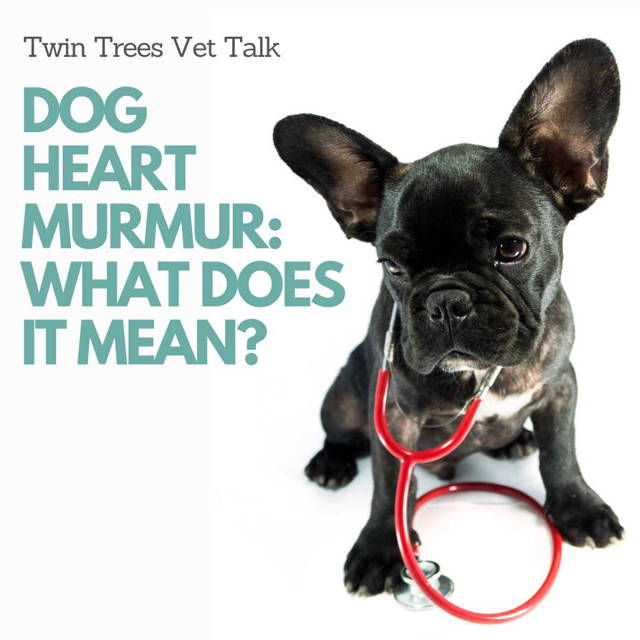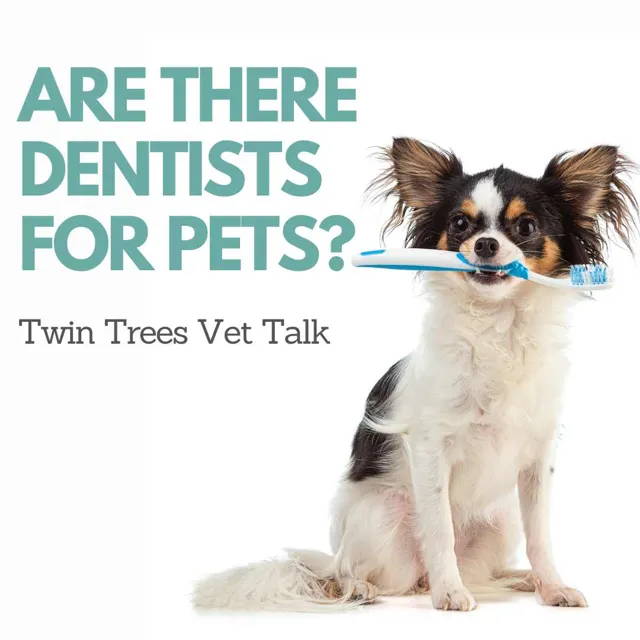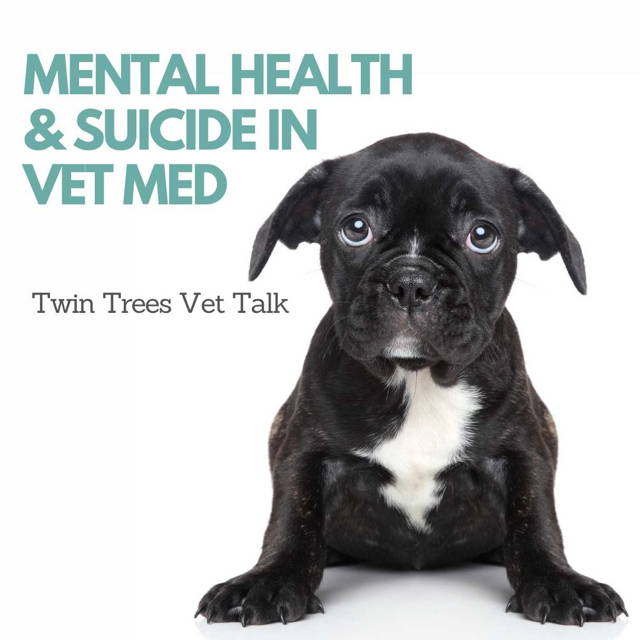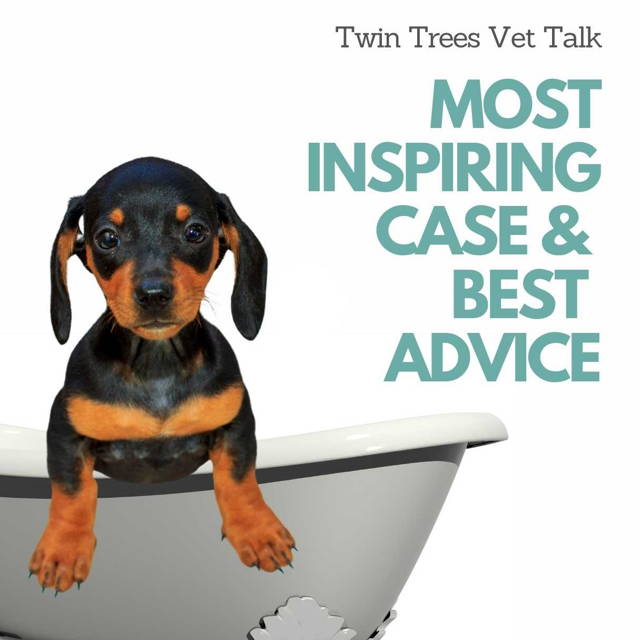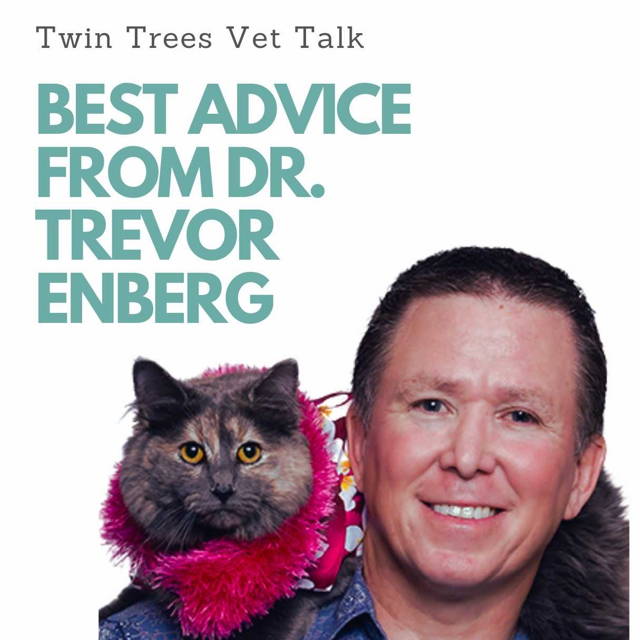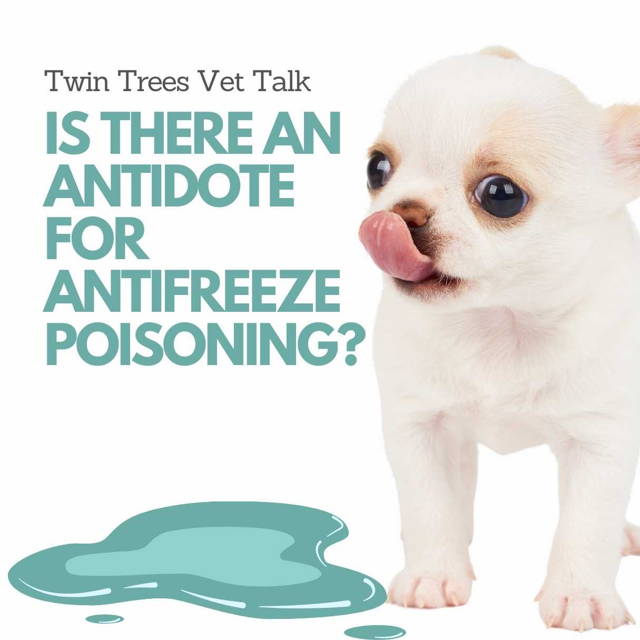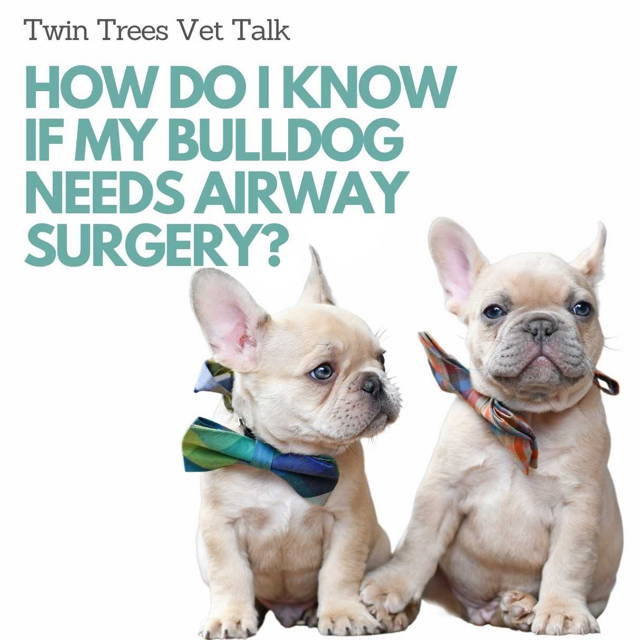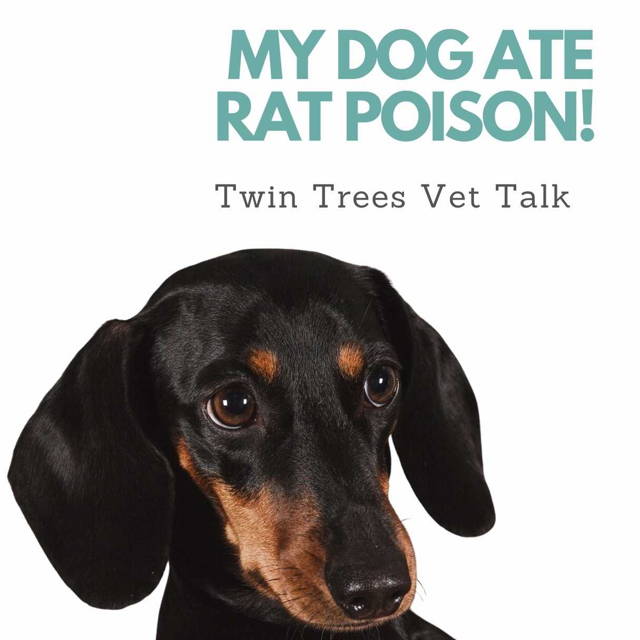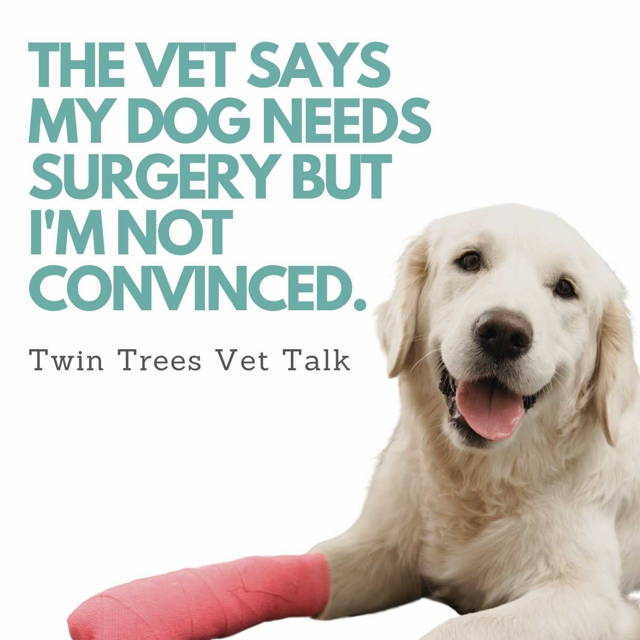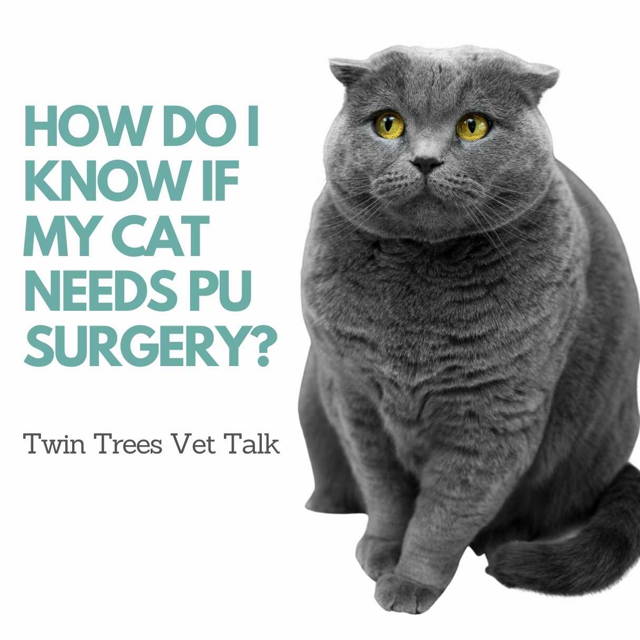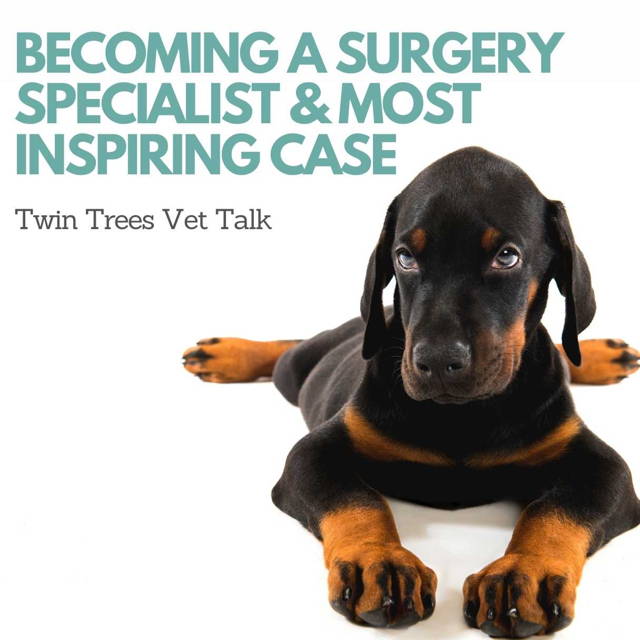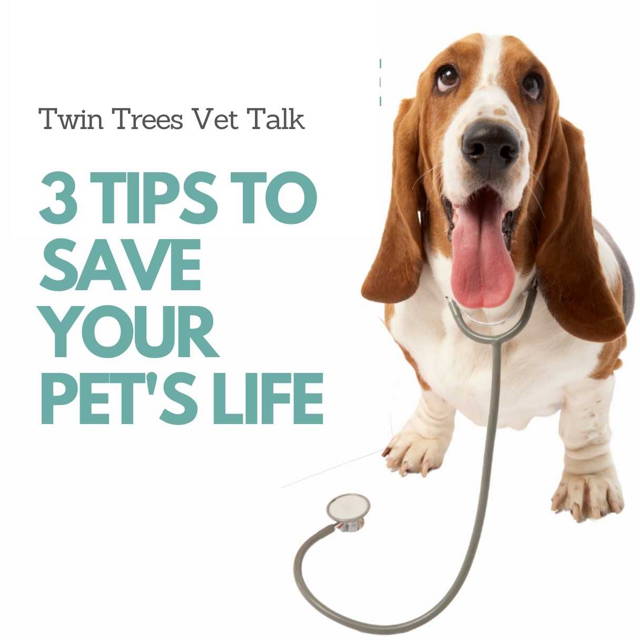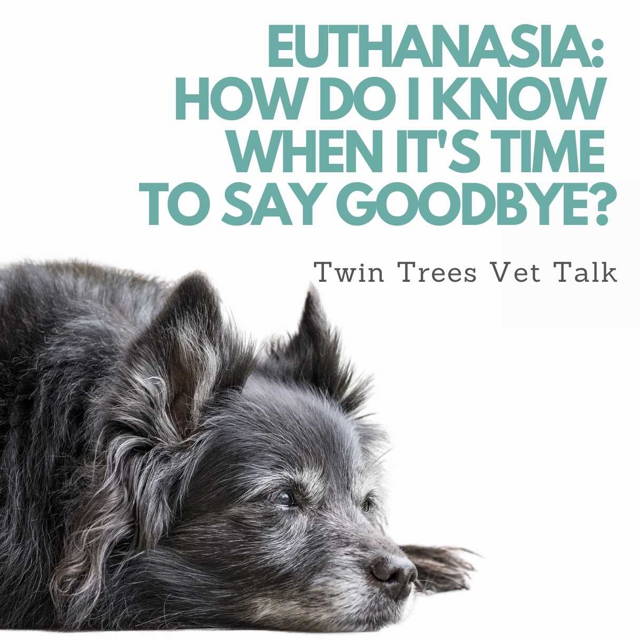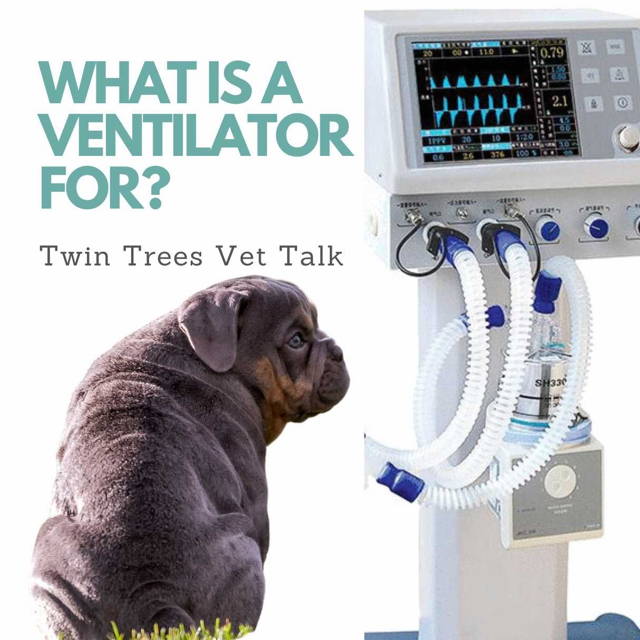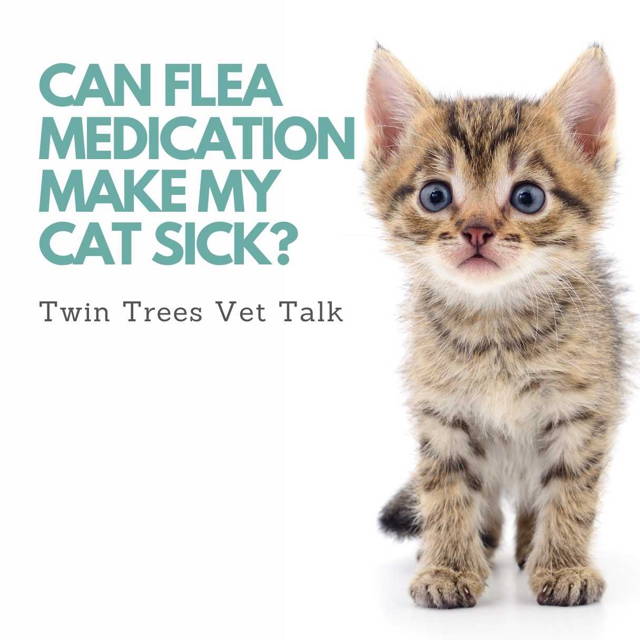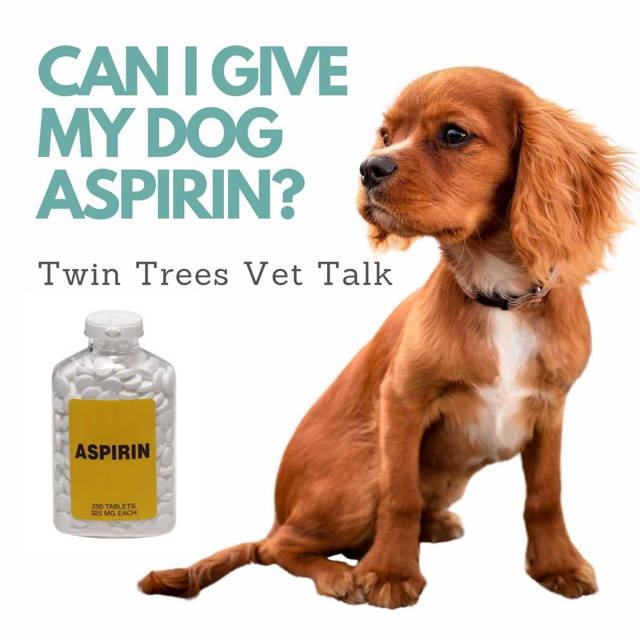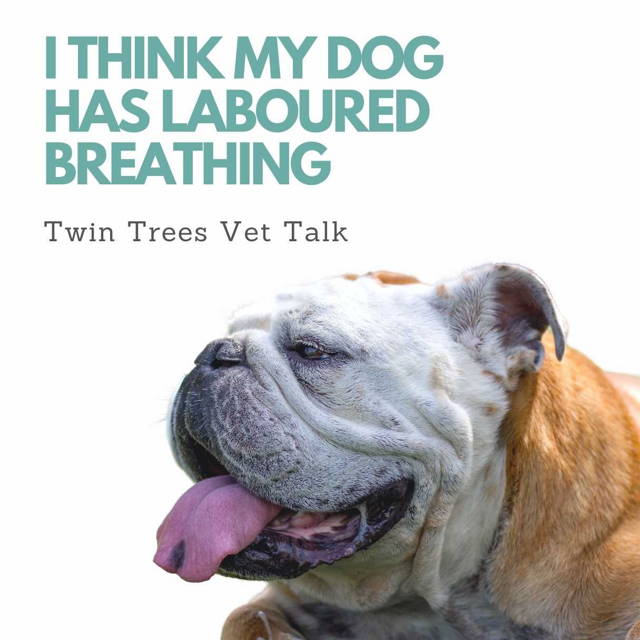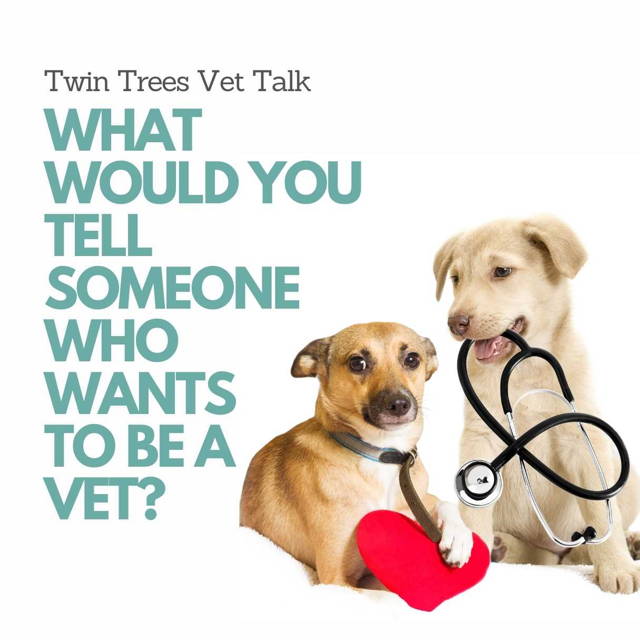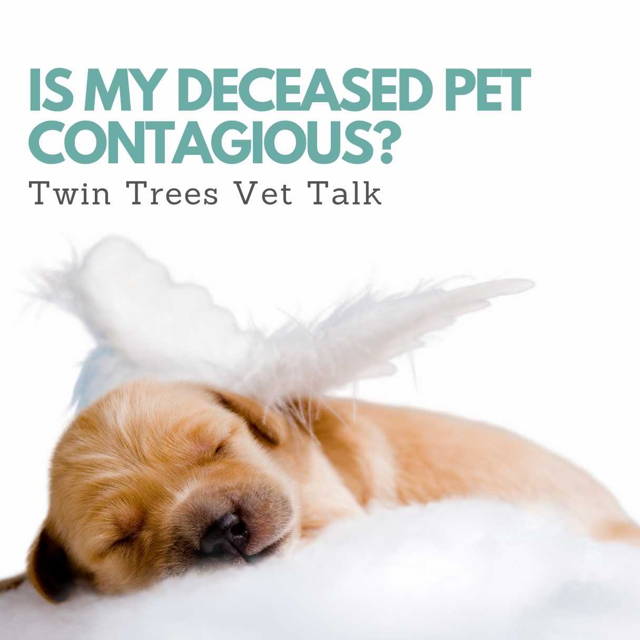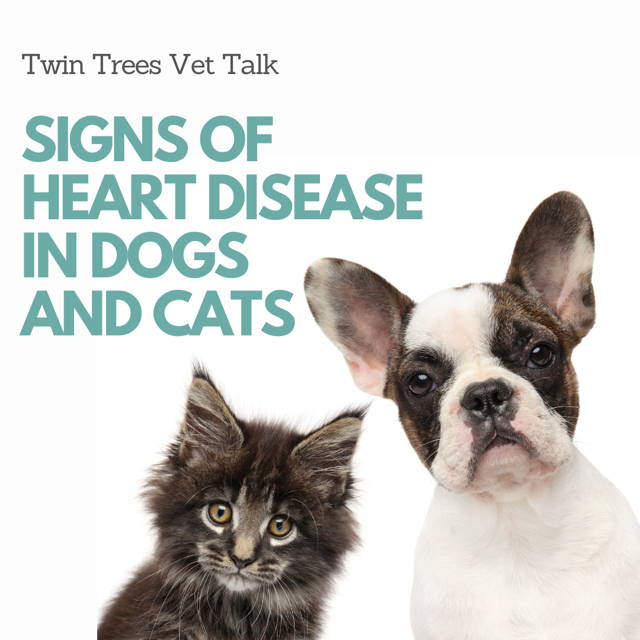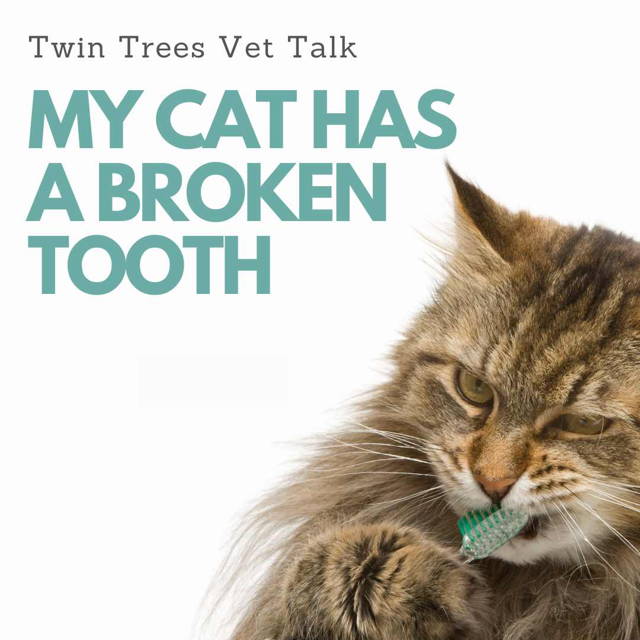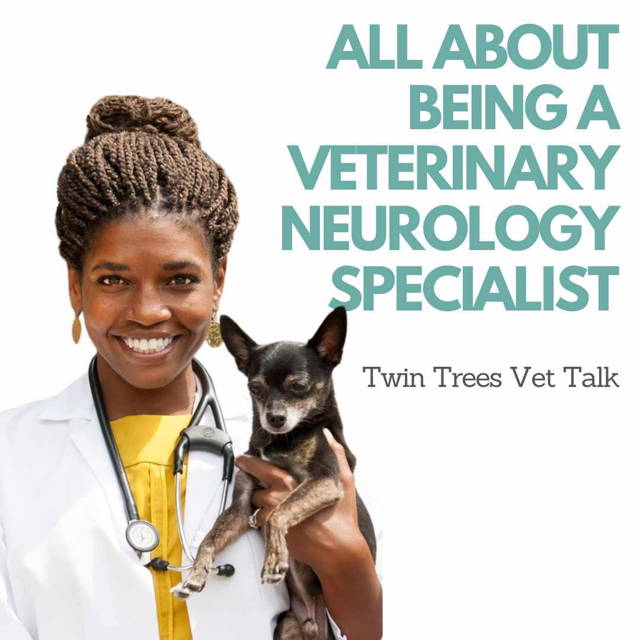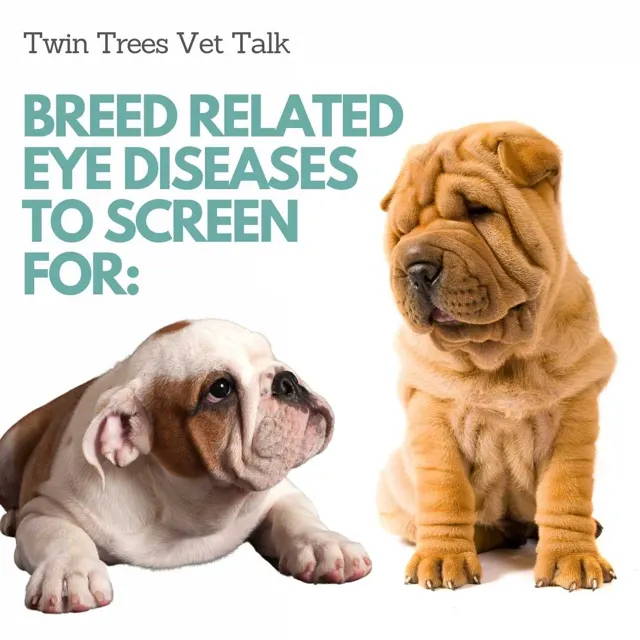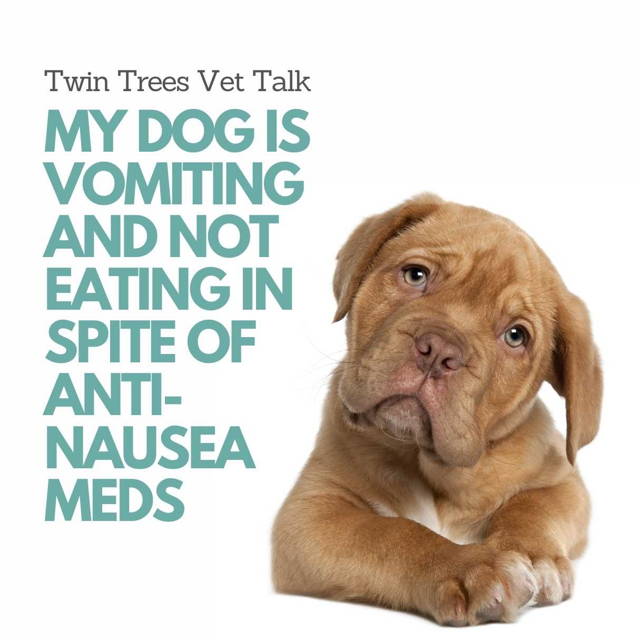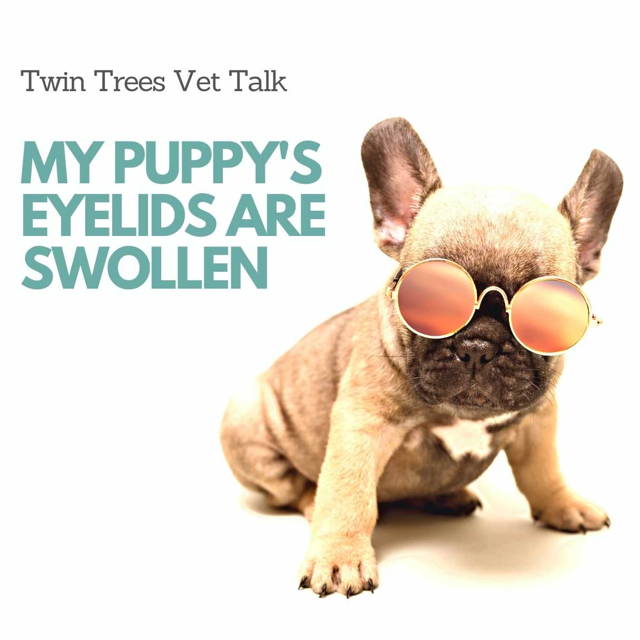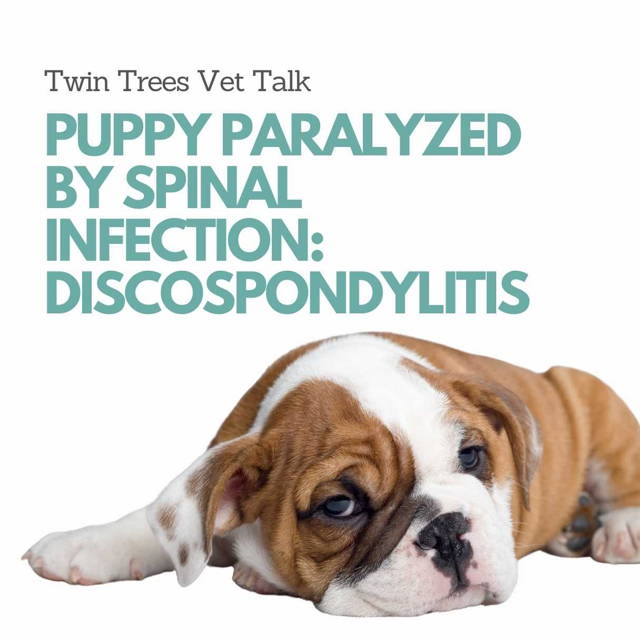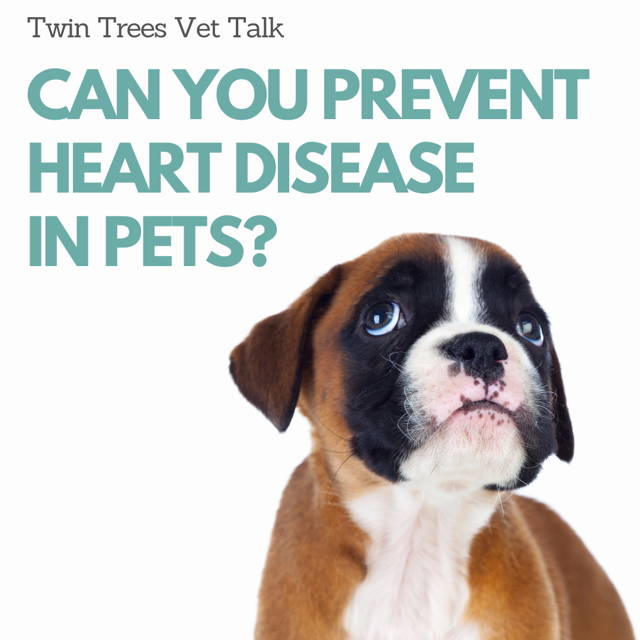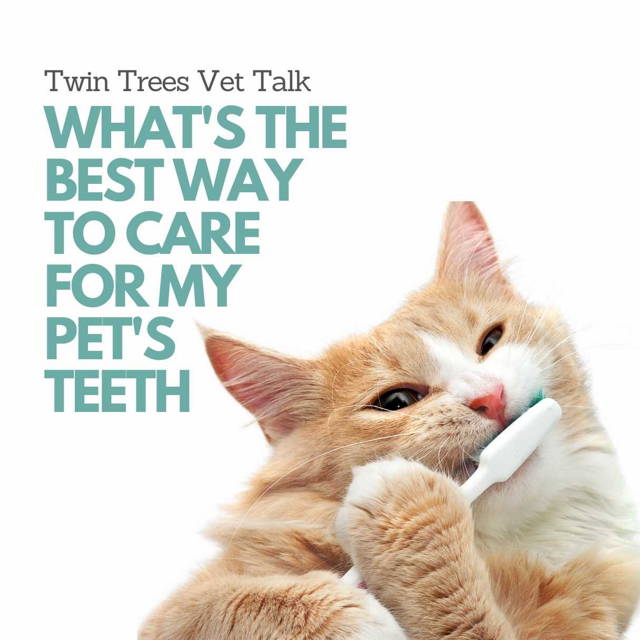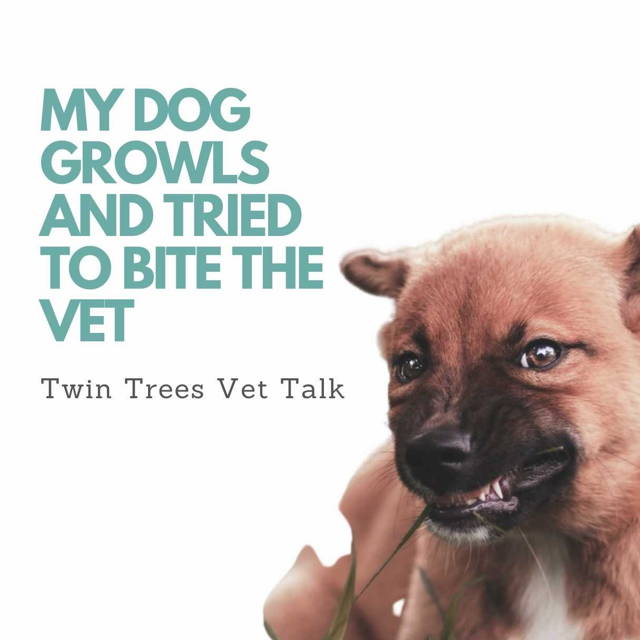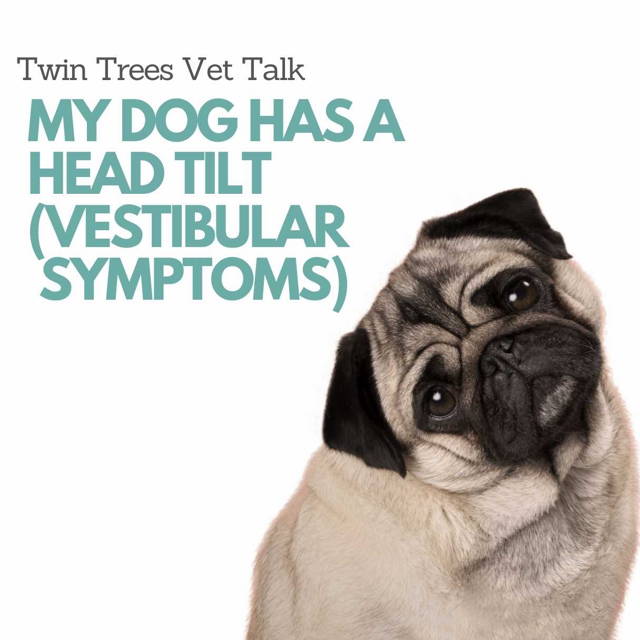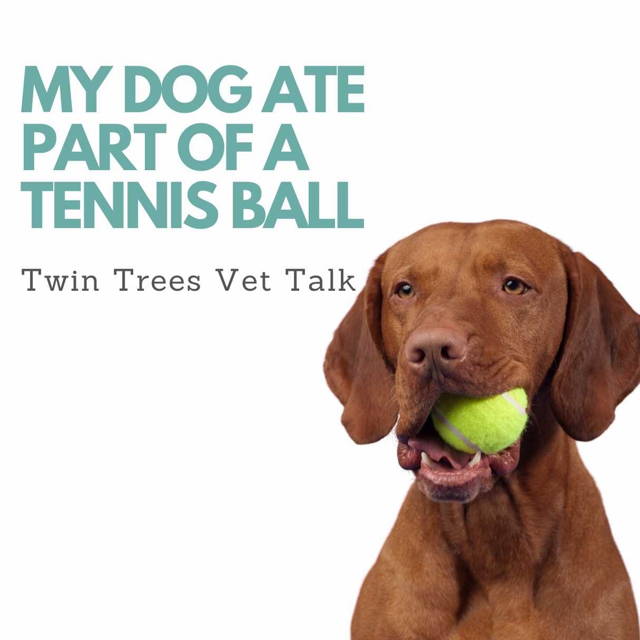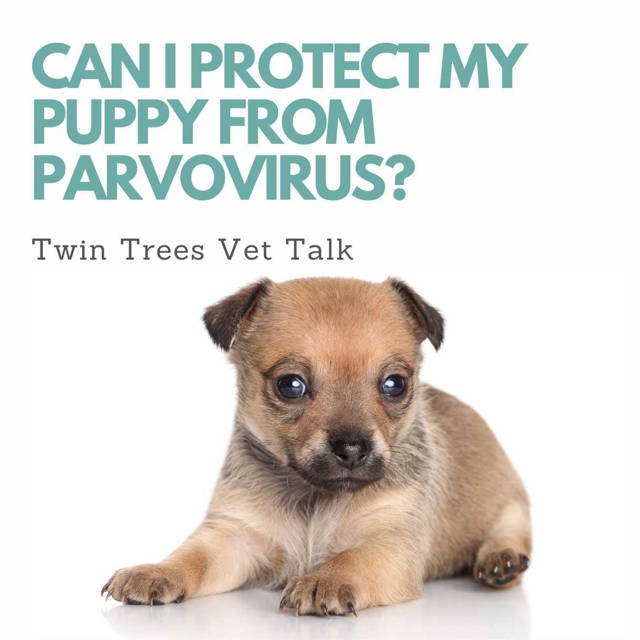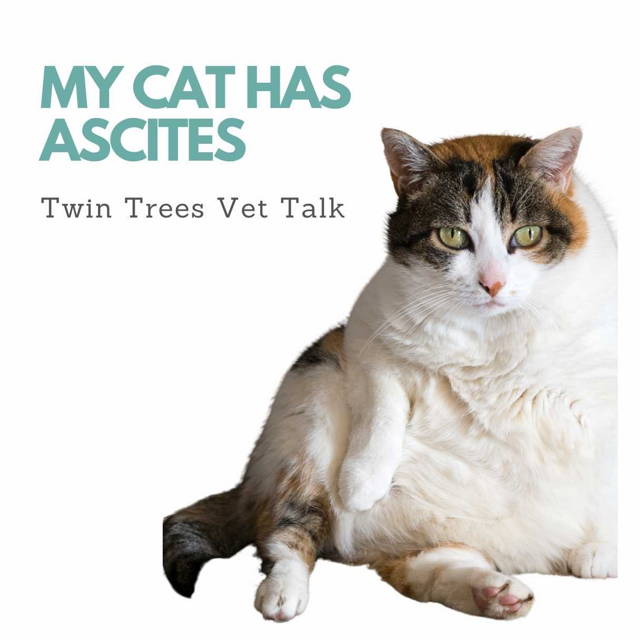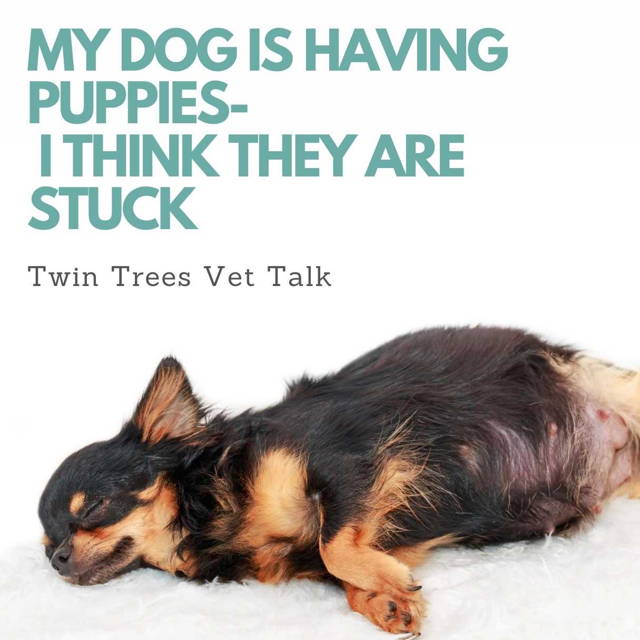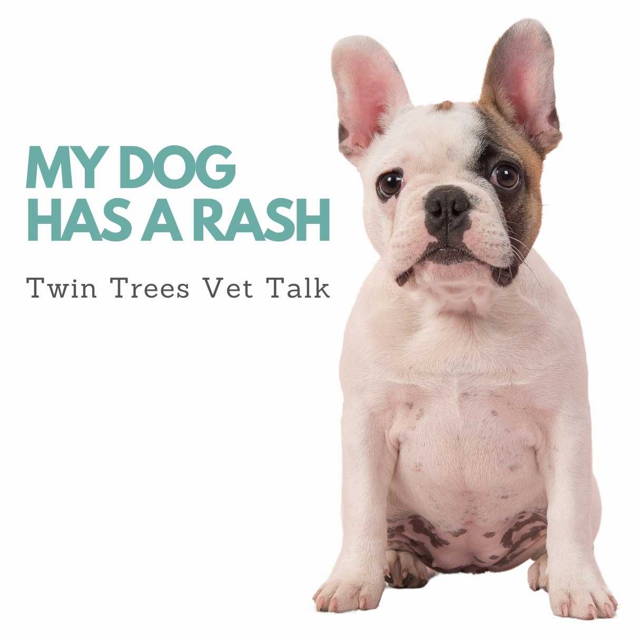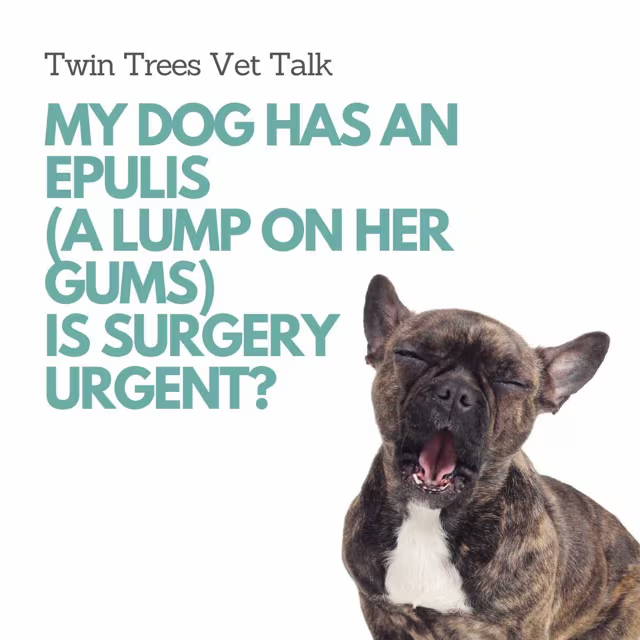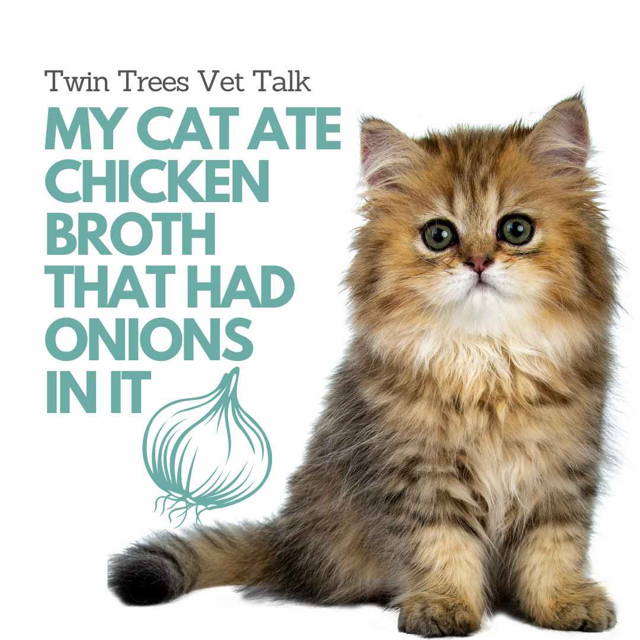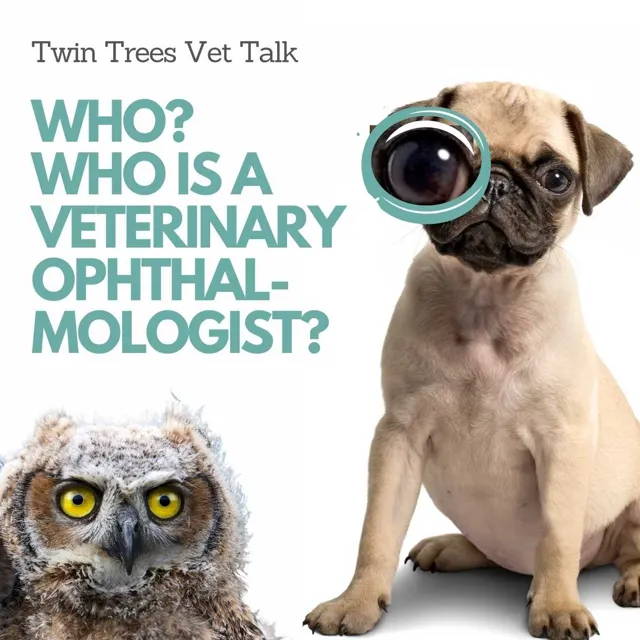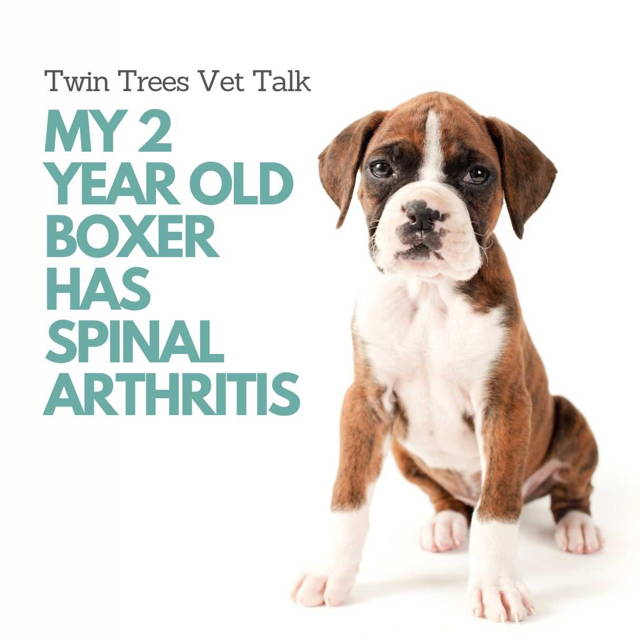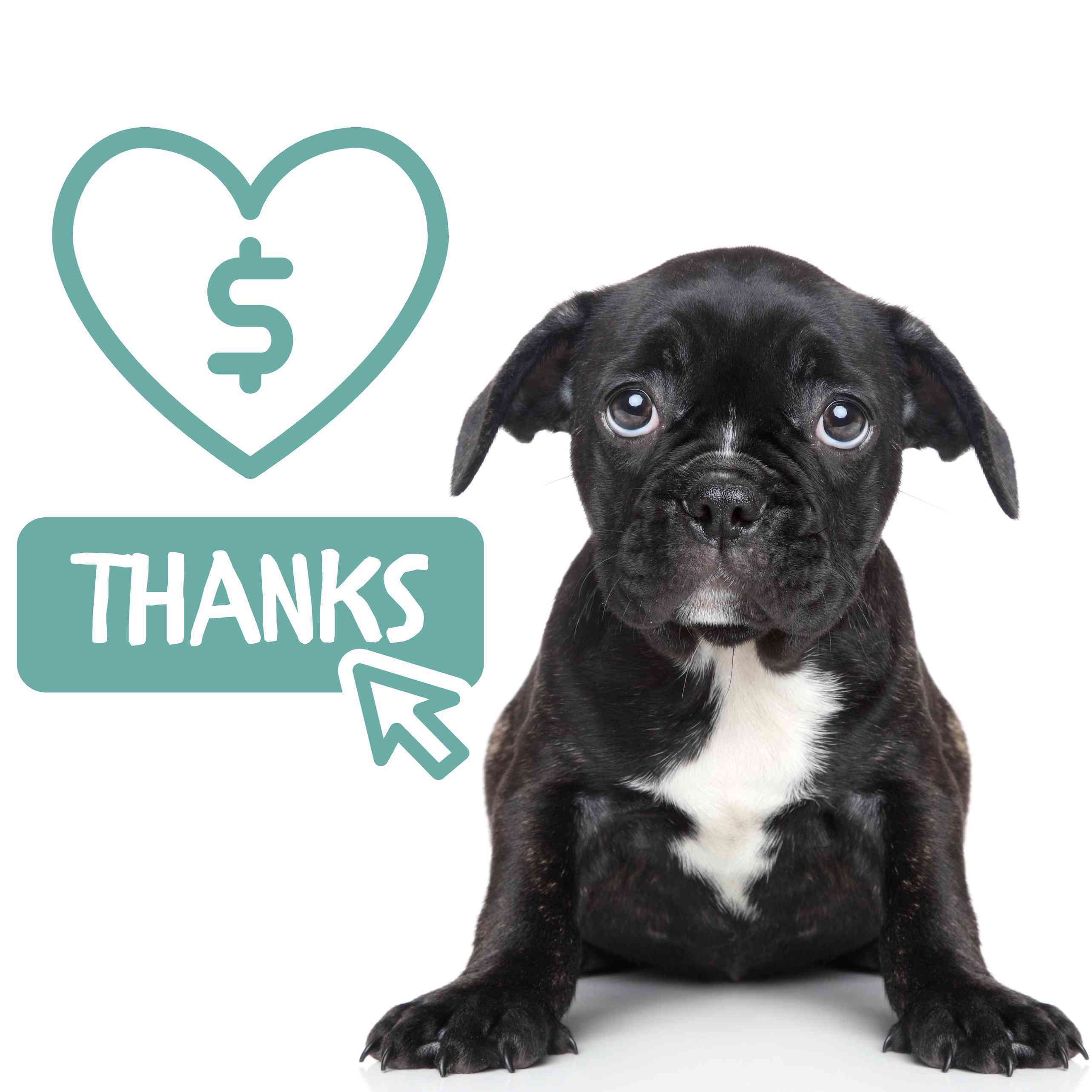TWIN TREES VET TALK (🎙️PODCAST)
Looking for our "two cents?" Find a *FREE ANSWER* to your vet questions below and explore other interesting topics in veterinary medicine with Dr. Lopez (Emergency Vet) and very special guests.
Meet our amazing guest, Dr. Sean McPeck, an Army Ranger Sniper, Military Veterinarian, and CEO. He teaches us all about military working dogs (that are used in the detection of explosives) and more!
Get the facts of diet-associated heart disease straight from the cardiologist! In a works of self-proclaimed TikTok “pet nutritionists,“ there is a lot of misinformation on the internet!
There's More To Explore
You can always find the latest uploads on our YouTube channel.
WHY ARE THE BEES DYING? We sat down with Dr. Jörg Mayer, the "Bee Veterinarian," to get the facts about pollinator extinction, why bees are so important, and what you can do to help.🐝💛
Meet one of the world's greatest veterinary heart surgeons, Dr. Chris Orton, to learn about TEER| V-Clamp, the new mitral valve procedure for dogs that he has pioneered over the last 2 years. ☝️
WHAT WOULD YOU DO IF YOUR DOG HAD CANCER? Would you go through surgery, radiation, chemotherapy with your own pet? We sat down with Dr. Jim Perry, a [double] board-certified veterinary oncologist / surgeon to talk about cancer treatment for pets.
That loud noise that some bulldogs make when they are breathing... is it really cute? Learn more about brachycephalic airway syndrome in bulldogs and pugs. Plus: When is airway surgery needed?
SUPER THANKS
As part of our mission statement, we are committed to outreach and education. Our goal is to keep pets healthy and safe. Help support our podcast, first aid course and other educational initiatives.
Everyone kept asking for my "two cents" (aka "free vet advice" meaning free consultations). Day and night, everywhere I went, with no reprieve. So here you go:) It's what you all wanted, but even better because I asked some very kind vet friends and specialists to chime in. Hope this helps!
-Dr. Melinda Lopez, Emergency Veterinarian (Whistler, BC)
P.S. All of this content has been pure volunteer work, with the hope of creating a more informed pet parent population in order to keep more furkids safe. If you value this work and would like to chip in a couple cents, we would love and appreciate that. Thank you:)
DISCLAIMER
The medical information on this site is provided as an educational resource only, and is not to be used or relied on for any diagnostic or treatment purposes. This information does not create any veterinarian-client-patient relationship, and should not be used as a substitute for professional diagnosis and treatment.
Please consult your pet's health care provider before making any health care decisions or for guidance about a specific medical condition. Twin Trees Vet expressly disclaims responsibility, and shall have no liability, for any damages, loss, injury, or liability whatsoever suffered as a result of your reliance on the information contained in this site.
3 BEST PIECES OF ADVICE FROM THE EMERGENCY VET THAT COULD SAVE YOUR PET'S LIFE
1) DON'T WAIT TOO LONG TO GET HELP! If you wait too long, it could be too late. This is especially true for concerns such as laboured breathing, pale gums and weakness. You know your pet best, so if you are worried or concerned, "when in doubt, check it out!"
2) PREVENT THE PREVENTABLE. Learn as much as possible about dangers that face your pet, such as household poisons, seemingly harmless objects (such as toys, clothing, garbage and rocks), other animals, and vehicles. Pets are like toddlers and they need a responsible adult/babysitter to protect them from danger. Puppies and kittens need to start their vaccines at 8 WEEKS (and they need boosters too!) to protect them from deadly diseases.
3) BE PREPARED FOR THE WORST CASE SCENARIO. Have a plan in place, know your nearest emergency clinic, have the ASPCA phone number on speed dial. Know basic first aid training and CPR. But MOST IMPORTANTLY, BE FINANCIALLY PREPARED. The cost of medical treatment in an emergency, and the owners' ability to pay for it, is probably the most important factor that determines whether a pet will receive the medical care it needs. The best way to protect yourself is to have good medical insurance for your pet. Do your research.
4) (bonus) When seeking a second opinion, ALWAYS GO UP! Get a referral to a board-certified specialist in that department (cardiology, surgery, dermatology, oncology, etc.). Remember that medical advice from people in pet owner facebook groups usually comes from people with no medical background and who do not hold a legal license to give medical advice. I could give countless examples of harmful and deadly advice that clients found on the internet and in pet owner facebook pages, as well as from friends and family. Get your second opinion from someone who is a specialist.
**REMEMBER**: WE ARE ALL ON THE SAME TEAM, with the best interest of the patient as everyone's first priority. Let your vet do what he/she does best, and don't try to grab the steering wheel and obstruct your vet from doing his/her job. We are all in the same car, we are all headed to the same place, but only one of us has the driver's license (meaning, only the vet has the medical training and background to "drive the car").

